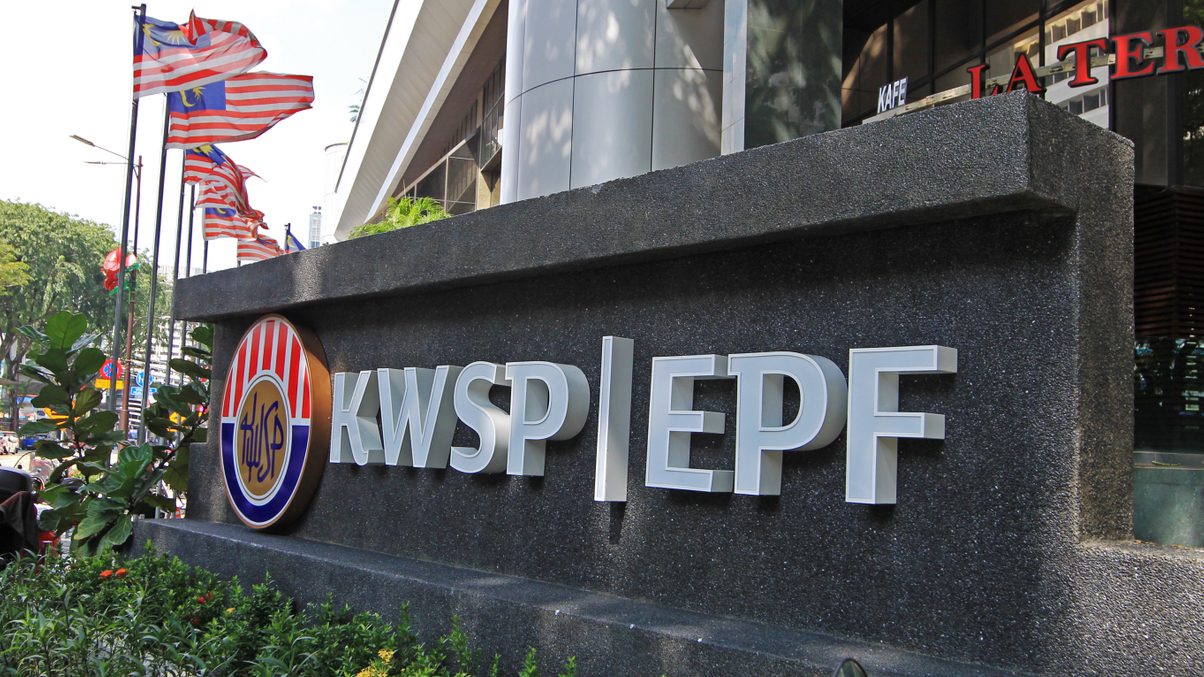Surprise slide in EPF’s overseas allocations
A more cautious mood due to Malaysia's new government could be to blame, along with valuation declines and adverse currency conversion effects. Is it the start of a new trend?

The share of foreign assets in Employees Provident Fund’s overall portfolio has dropped by 2.5 percentage points over the past 12 months, despite the Malaysian state pension's stated aim to raise the allocation to up to one-third of its total portfolio.
Sign In to Your Account
Access Exclusive AsianInvestor Content!
Please sign in to your subscription to unlock full access to our premium AI resources.
Free Registration & 7-Day Trial
Register now to enjoy a 7-day free trial—no registration fees required. Click the link to get started.
Note: This free trial is a one-time offer.
¬ Haymarket Media Limited. All rights reserved.


